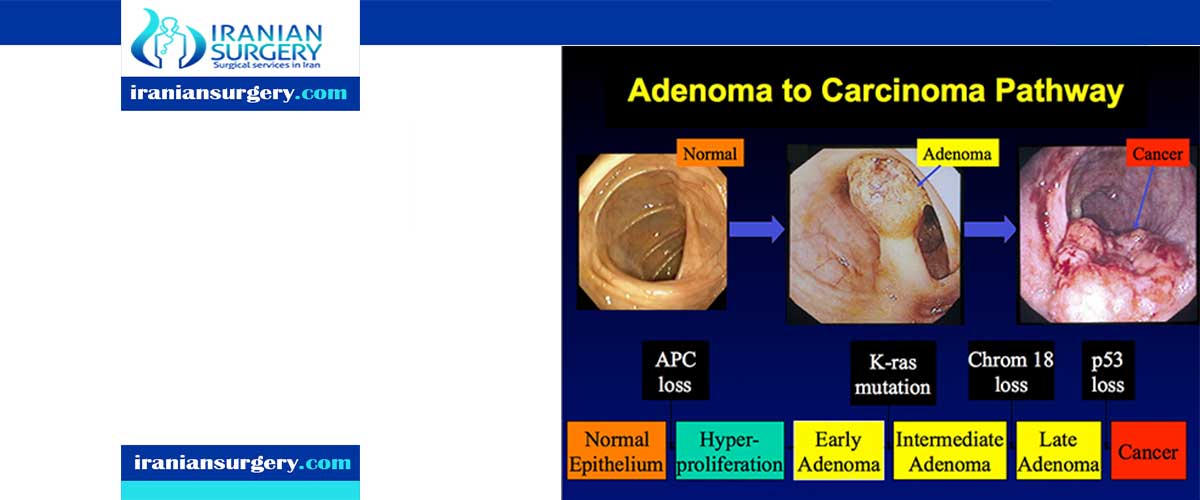Symptoms of advanced bowel cancer
Advanced bowel cancer is cancer that started in either the back passage (rectum) or large bowel (colon) and has spread to another part of the body.
The symptoms of advanced bowel cancer can include the symptoms for bowel cancer that hasn't spread. Other symptoms depend on which part of the body the cancer has spread to.
Read more about : Bladder cancer symptoms(The silent killer)
Read more about : Colorectal cancer treatment
Where does bowel cancer spread?
Bowel cancer can spread to the:
. liver
. lungs
. lymph nodes
. bones
. General symptoms
. feeling tired
. low energy levels
. feeling under the weather
. having less appetite
. Symptoms if cancer has spread to the liver
You might have any of these symptoms if the cancer has spread to your liver:
. discomfort or pain on the right side of your abdomen
. feeling sick
. poor appetite and weight loss
. swollen abdomen (called ascites)
. yellowing of the skin (jaundice)
. itchy skin
Read more about : Anal cancer treatment
. Symptoms if cancer has spread to the lungs
You may have any of these symptoms if cancer has spread to your lungs:
. a cough that doesn’t go away (often worse at night)
. breathlessness
. ongoing chest infections
. coughing up blood
. a buildup of fluid between the chest wall and the lung (a pleural effusion)
. Symptoms if cancer has spread to your lymph nodes
Lymph nodes are part of a system of tubes and glands in the body that filters body fluid and fights infection.
The most common symptom if cancer has spread to the lymph nodes is that they feel hard or swollen.
Cancer cells can also stop lymph fluid from draining away. This might lead to swelling in the neck or face due to fluid buildup in that area. The swelling is called lymphoedema.
. Symptoms if cancer has spread to the bones
You may have any of these symptoms if your cancer has spread to the bones:
. an ache or pain in the affected bone
. a weakened bone which is more prone to break or fracture
Sometimes when bones are damaged by advanced cancer, the bones release calcium into the blood. This is called hypercalcaemia and can cause various symptoms such as:
. tiredness
. feeling sick (nausea)
. constipation
. irritability
. thirst
. confusion
About Iranian Surgery
Iranian surgery is an online medical tourism platform where you can find the best Surgeons in Iran. The price of Bowel Cancer Treatment in Iran can vary according to each individual’s case and will be determined by an in-person assessment with the doctor.
For more information about the cost of Bowel Cancer Treatment in Iran and to schedule an appointment in advance, you can contact Iranian Surgery consultants via WhatsApp number 0098 901 929 0946. This service is completely free.
Source:
https://www.cancerresearchuk.org/about-cancer/bowel-cancer/advanced/symptoms-advanced-cancer


